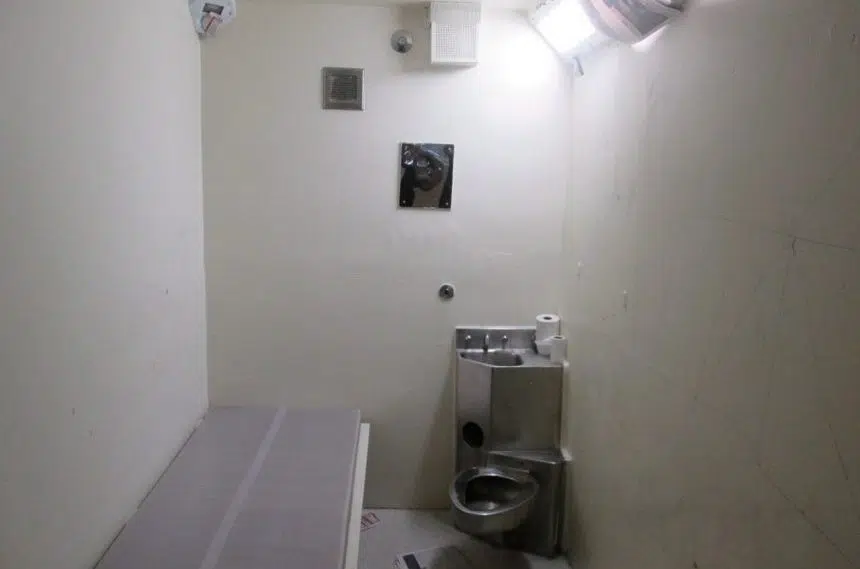VANCOUVER — A British Columbia Supreme Court judge has struck down a law that permits federal prisons to put inmates into solitary confinement indefinitely.
Justice Peter Leask says the practice of isolating prisoners for undefined lengths of time is unconstitutional, but he suspended his decision for 12 months to give the government time to deal with its ramifications.
The British Columbia Civil Liberties Association and the John Howard Society filed the legal challenge in 2015, calling solitary confinement a cruel and inhumane punishment that can lead to severe psychological trauma and suicide.
The Crown argued the practice is a reasonable and necessary tool when prisoners pose a threat to others or are at risk of being harmed by the general prison population.
The federal government introduced a bill in June that would set an initial time limit for segregation of 21 days, with a reduction to 15 days once the legislation is law for 18 months.
The government tried to stop the trial, saying the legislation introduced last year would impose a time limit on solitary confinement terms, but the judge allowed the case to proceed.
Leask concluded in his judgment released Wednesday that prolonged confinement places all federal inmates in significant risk of serious psychological harm, including mental pain and suffering, and puts them at increased risk of self-harm and suicide.
The written decision says the risk of harm is intensified in the case of inmates with mentally illness.
Leask wrote that while many acute symptoms are likely to subside when prisoners are brought out of segregation, “many inmates are likely to suffer permanent harm as a result of their confinement.”
Jay Aubrey, a staff lawyer with the association, said for inmates who have gone through solitary confinement, the decision means: “What’s been done to you is very, very wrong.”
Leask’s decision says the health of people can be put at risk after only a few days in segregation, and the risk of harm increases the longer someone is confined under those conditions.
The indeterminate length of administrative segregation is especially problematic because it “exacerbates its painfulness, increases frustration and intensifies the depression and hopelessness that is often generated in the restrictive environments that characterize segregation,” the decision says.
Josh Paterson, the association’s executive director, described the conditions of segregation as similar to “modern-day dungeons,” with evidence of walls covered in food and bodily fluids, people sleeping with their heads inches from toilets and screaming from other prisoners.
Often the only interaction for a prisoner is through a feed hole, Paterson added.
Geordon Omand, The Canadian Press
Note to readers: This is a corrected story. A previous version said the federal government introduced legislation on segregation this year.











